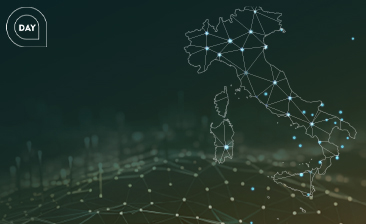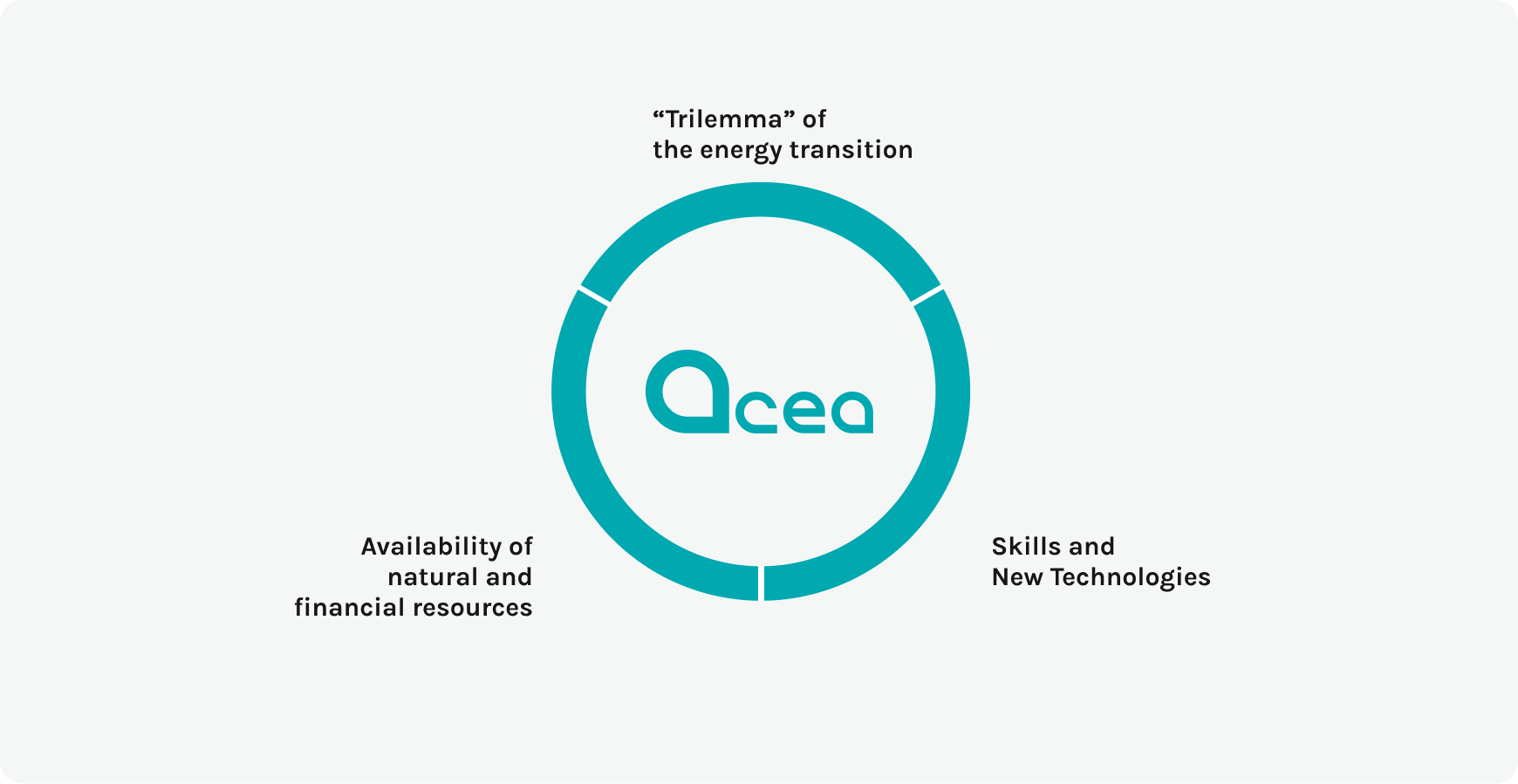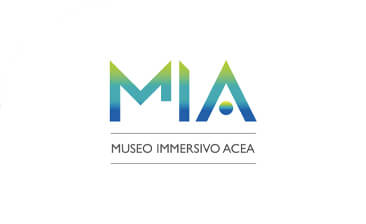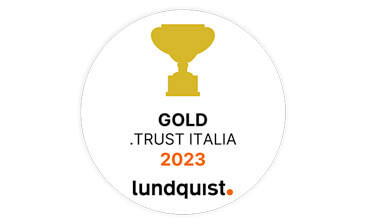
Acea for World Energy Saving Day
We operate in rapidly evolving sectors, influenced by certain global dynamics as well as by regulatory aspects.
Within a scenario marked by long-term trends associated with the ecological transition and by global events, we are constantly monitoring the reference situations, intercepting and analysing factors that are potentially important for our operations and strategies.
The year 2023 was marked by a continuation of geopolitical turbulence in Eastern Europe and tension in the Middle East.
During 2023 there was a considerable relaxation of energy market stress, with electricity and gas prices gradually decreasing until halfway through the year, reaching mid-2021 levels. The international turmoil that occurred during the second half of the year nevertheless prevented further reductions.
The grounding of investments envisaged by the 2024-2028 Business Plan requires a profound understanding of scenario developments.

The energy transition “trilemma” is about the need for operators to guarantee resource availability and quality, whilst respecting sustainability criteria.
The new technologies affect the management of assets, the role of the workforce and customer relationships. New skills are therefore required, with particular reference to engineers, technicians and STEM specialists.
The scenario also highlights situations of scarcity, both in terms of primary natural resources, such as water and natural gas, and at financial level (high cost of money) with a consequent rise in the price of production factors.
We operate in heavily regulated sectors. The reference regulatory framework is broad and articulated, according to the specific nature of the businesses managed (water, energy and environment).
The results for 2023 have maintained a positive trend. We have continued to pay more careful attention to managing costs and investments and have set up a timely revision of procurement procedures with a view to enhancing competitive processes, enabling a prompt reduction in costs and optimisation of investments and work orders. Lines of action have also been defined to contain credit risk through prevention and customer portfolio management.
The Group will proceed in the coming months with its strategy to focus on the development of sustainable infrastructures in regulated markets, with the aim of maintaining a solid financial structure and continuing to generate a positive impact on operating and financial performances.
FY2023 results report “over-delivery” with a strong improvement in EBITDA and NFP/EBITDA
2023 Guidance |
2023 Results |
|
|---|---|---|
Capex |
€1 bn |
€1.1 bn |
EBITDA |
+2/4% |
+7% |
NFP/EBITDA |
< 3.8x |
3.49x |
We anticipate a strong growth in investments and EBITDA already in 2024, the first year of the plan.
2024 Guidance |
|
Capex:
|
|
EBITDA |
+3/5% |
NFP/EBITDA |
3.5x |
Discover the latest news and initiatives of the Acea Group

Acea for World Energy Saving Day

Visit the virtual museum about the history of the Acea Group

The channel for the commercial requests on land urbanisation

Acea turns the spotlight on the Rome Film Festival 2023

Acea is in the "Gold class" in the .trust research

Read more about our culture of inclusiveness